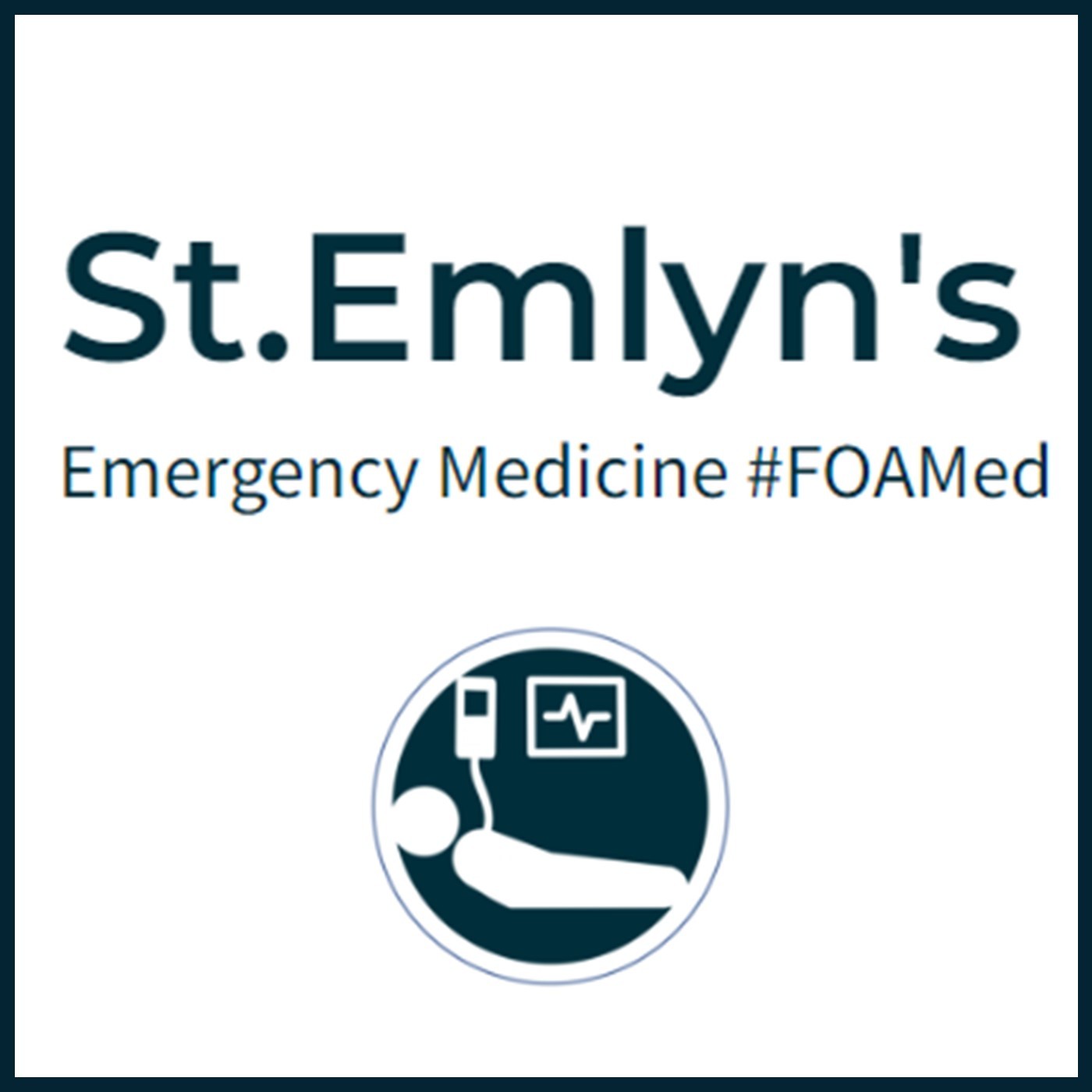
Ep 66 - When Professional and Personal Worlds Collide with Liz Crowe

The St.Emlyn’s Podcast
Shownotes Transcript
Navigating Personal and Professional Boundaries in Healthcare
In this St. Emlyns blog post, Iain Beardsell and Liz Crowe discuss the challenging scenarios healthcare professionals face when their personal and professional lives intersect, particularly in emergency and critical care settings. These situations are complex, requiring careful navigation to maintain ethical standards and patient confidentiality.
Understanding Dual Roles
Healthcare professionals often encounter situations where they have a personal connection with a patient. This could be someone they know vaguely, a close friend, or even a family member. Such instances require careful reflection on whether to act as a friend or a professional. It's crucial to declare any personal connections to colleagues and maintain a clear boundary to ensure unbiased care. The primary duty in these cases is to the patient's confidentiality, regardless of personal ties.
Case Study: Community Members as Patients
A hypothetical scenario is presented where a child from the same school attended by a healthcare professional's children is admitted following a trauma. This situation exemplifies the conflict between professional responsibilities and community ties. Even if the professional knows the community, sharing patient details without consent is unethical. It's important to resist the urge to share information, even when under pressure from friends or community members. The first response should always prioritize the patient's confidentiality and respect for their family's wishes.
Handling Situations Involving Close Friends or Family
When the patient is a close friend or family member, the complexity intensifies. The key is to establish clear boundaries and communicate openly with the healthcare team. If possible, the professional should hand over care to another team member to avoid conflicts of interest. This separation helps prevent emotional turmoil and ensures the patient receives unbiased care. In emergencies where immediate care is needed, the professional should still step back as soon as feasible.
Managing the Desire for Information
Healthcare professionals may feel a natural curiosity about the condition of someone they know personally. However, accessing medical records or sharing information without a professional need is a breach of confidentiality. Professionals must remind themselves that they have no right to this information if not directly involved in the patient's care. The ethical responsibility includes abstaining from looking at records or discussing the patient's condition unless explicitly authorized.
When a Colleague Becomes a Patient
The situation becomes particularly sensitive when the patient is a colleague. This could involve anything from minor injuries to serious, life-threatening conditions. The emotional dynamics in the team can complicate care delivery. It is essential to maintain professionalism, avoid gossip, and ensure that any shared information is with the patient's consent. After the initial crisis, it is vital for the team to discuss how to handle the situation moving forward, including managing information dissemination within the department.
Tragic Outcomes: Death of a Colleague
A particularly difficult scenario is when a colleague passes away while under the care of the healthcare team. This rare event requires a compassionate and professional response. The focus should initially be on supporting the family and the team. Management should be informed immediately, and additional support staff may be needed to maintain department function. A formal debriefing process should be arranged to help the team process the event and plan memorials or support for the family.
The Role of Social Media
In the digital age, social media presents additional challenges for maintaining patient confidentiality. Even vague posts about work events can be considered breaches of confidentiality and may result in disciplinary action. Healthcare professionals must be cautious about accepting friend requests or communicating with patients or their families on social media. Maintaining professional boundaries is essential, and any communication should respect privacy laws and ethical standards.
Conclusion: Upholding Professionalism and Confidentiality
Navigating the intersection of personal and professional lives in healthcare requires strict adherence to ethical standards. Whether dealing with community members, friends, family, or colleagues, the primary responsibility is to maintain patient confidentiality and uphold professional integrity. These situations are challenging, but clear boundaries and proactive planning can protect both the patient and the professional.
Healthcare professionals are encouraged to reflect on these issues and discuss them with their teams. Seeking guidance from senior colleagues and maintaining open communication are key strategies in managing these situations. Patient confidentiality must always be a priority, and maintaining professional boundaries is crucial for sustaining trust and integrity in healthcare.
Key Takeaways:
Always prioritize patient confidentiality and ethical standards.
Declare personal connections to patients and avoid involvement in their care.
Refrain from accessing information or discussing patients without professional necessity.
Use caution with social media to avoid breaches of confidentiality.
Plan ahead for handling complex situations involving personal and professional overlap.
This post aims to provide insights into managing the delicate balance between personal and professional responsibilities in healthcare, emphasizing the importance of maintaining professionalism and confidentiality at all times.